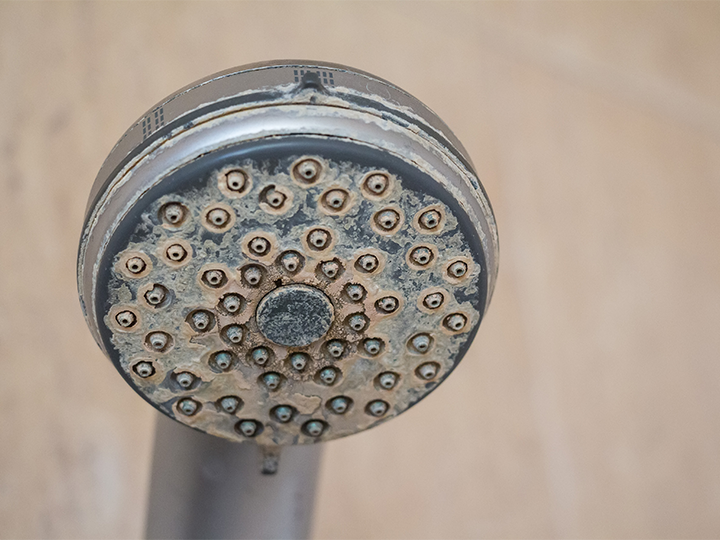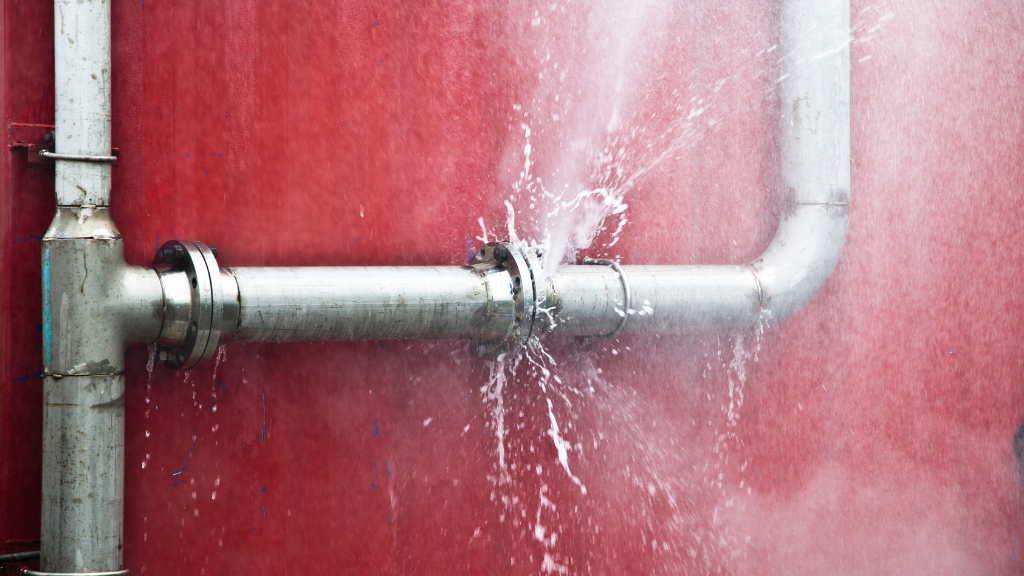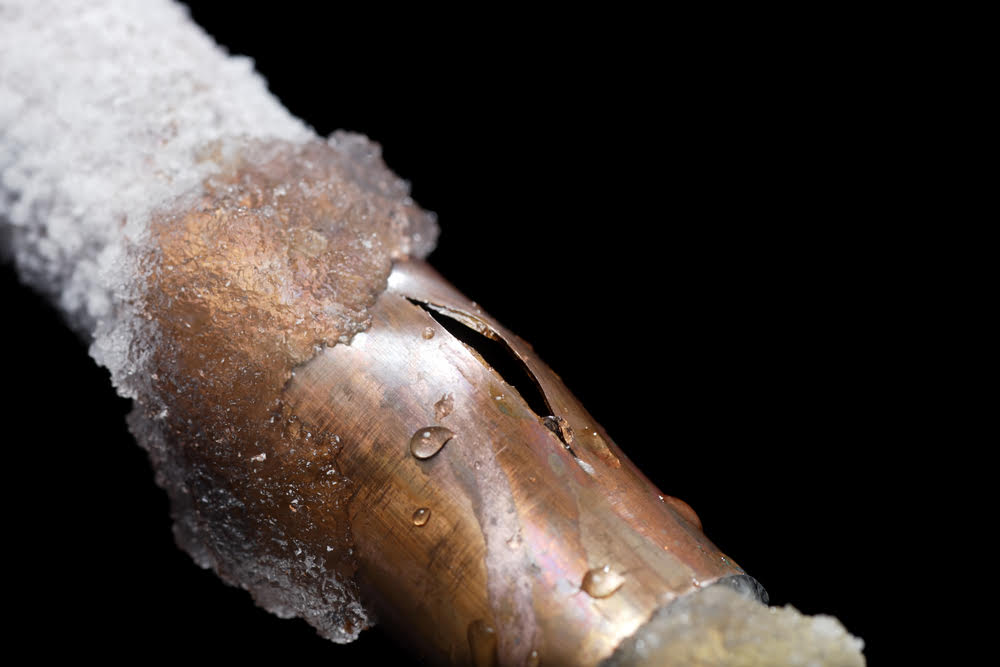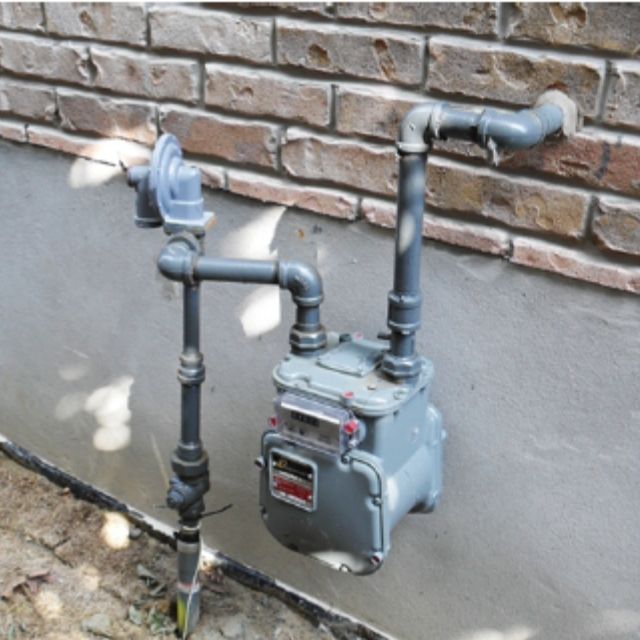Hard water can cause problems in your home—from clogging pipes to diminishing soap effectiveness. As minerals like calcium and magnesium deposit over time, they can take a toll on appliances and even impact your water quality. To protect your household and keep your water flowing smoothly, recognizing the negative effects and long-term maintenance costs of hard water is only the beginning. The more important step will be to understand the actionable pieces of advice for mitigating its impact.
Understanding Hard Water: What Is It and Why Is It a Problem?
Hard water contains a higher mineral content, typically calcium and magnesium, which often leads to a range of household inconveniences and potential damage to water-using appliances. These minerals are dissolved from soil and rock as water percolates through the ground and into supply systems.
The presence of these minerals hampers the effectiveness of soap and detergents. This results in a lack of suds during washing, which leads to the use of more soap and detergents, thereby increasing household costs.
Over time, the accumulation of mineral deposits from hard water can lead to blocked pipes and a decline in the efficiency of water heaters. This reduced efficiency necessitates more energy to heat water. And naturally, all that energy translates to higher energy bills, increasing the likelihood of breakdowns.
Moreover, hard water can have detrimental effects on skin and hair, leaving the skin dry and hair looking lifeless. Appliances like kettles, coffee makers, and dishwashers are also susceptible to scale buildup, reducing their lifespan and performance.
Install a Water Softener
Installing a water softener serves as a primary defense against the adverse effects of hard water in a home. The device works by exchanging minerals like calcium and magnesium with sodium or potassium.
However, you should select a water softener based on the size of your household and the degree of water hardness you are experiencing. The reason is simple: a correctly sized softener ensures efficient operation and prevents unnecessary regeneration cycles, saving on salt and water usage.
Meanwhile, it’s also important to maintain the water softener, if you want it to remain effective in treating hard water. To do this, cultivate a habit of regularly checking salt levels, keeping the brine tank clean, and looking out for any signs of salt bridges or blockages.
While the initial investment for a water softening system might be considerable, the savings in reduced soap usage, prolonged appliance life, and avoidance of plumbing repairs often justify the expenditure. A good practice is to think of it as a smart investment to protect your home’s plumbing and appliances.
Regularly Clean and Descale Appliances
Regular maintenance of household appliances is needed to prevent the buildup of scale from hard water. Fortunately, it’s not difficult. Simply make a routine of cleaning appliances such as kettles, coffee machines, and dishwashers to both extend their longevity and maintain their efficiency.
White vinegar also helps as it’s both economical and very effective for descaling appliances. By running a mixture of water and vinegar through these devices or soaking affected areas, you could get rid of mineral deposits without harsh chemicals.
After using vinegar or any descaling solution, make sure to also thoroughly rinse appliances. This ensures that no residual solution affects the taste of beverages like coffee or tea and that appliances are safe for their intended use.
Consistency in descaling practices pays off in the long term, preserving appliance performance and preventing premature equipment failure. Homeowners benefit from not only better function but also from avoiding the expense of early replacement of costly appliances.
Use Vinegar and Baking Soda for Mineral Buildup
A simple way to tackle mineral buildup at home is by using vinegar and baking soda. Vinegar’s acidity and baking soda’s abrasiveness make them a great cleaning team.
To use this method, apply the mixture directly to areas with mineral deposits, like faucets, showerheads, and tiles. Let it sit for a while so the vinegar can break down the buildup. After letting it sit, scrub the area to remove the loosened deposits. Finally, rinse everything with water to get rid of any leftover debris and cleaning residue.
Schedule Routine Plumbing Inspections and Maintenance
Regular plumbing inspections are key to catching hard water damage early. A professional plumber can check your pipes and fittings, spotting where mineral buildup might be affecting water flow and quality.
Routine maintenance by experts can also stop minor problems from turning into major, costly repairs. Fixing issues like minor leaks or slow drains early can save you from expensive emergency plumbing calls.
By taking preventive steps during these inspections, you help keep your plumbing system running smoothly. More so, well-maintained pipes are less likely to get clogged or have issues from hard water. In short, getting a plumber to do regular check-ups will protect your home’s plumbing and can save you money by making your system last longer.
Invest in Your Home’s Health!
Keemer Plumbing stands out as a trusted provider of expert water softener installation and maintenance services. Our team understands the importance of selecting the right system tailored to your household’s specific needs, ensuring efficient operation and long-term benefits. With us, you can count on professional guidance from the initial selection process to regular maintenance, keeping your water softener in top condition. By choosing Keemer Plumbing, you’re investing in your appliances, plumbing systems, and overall water quality, making your home a healthier, more efficient place to live.





